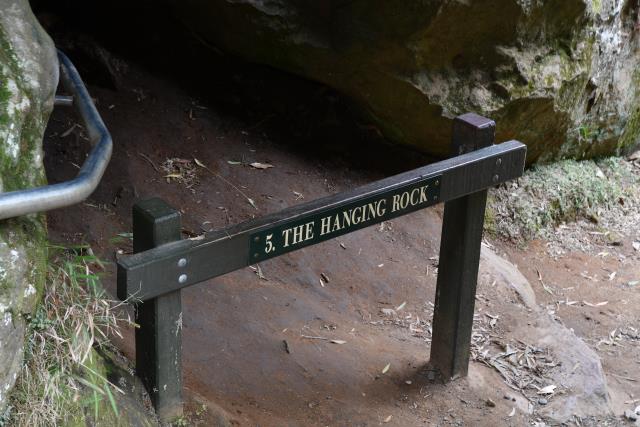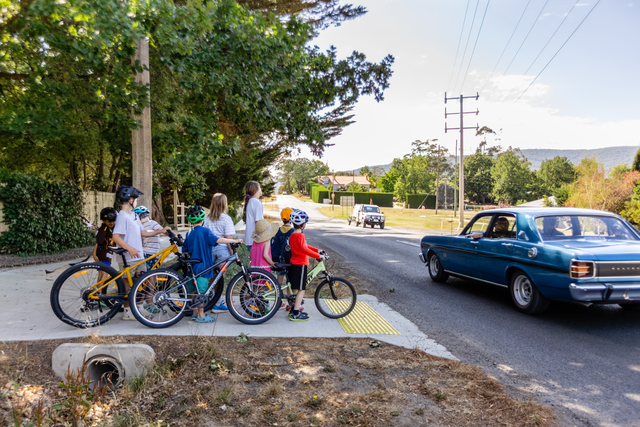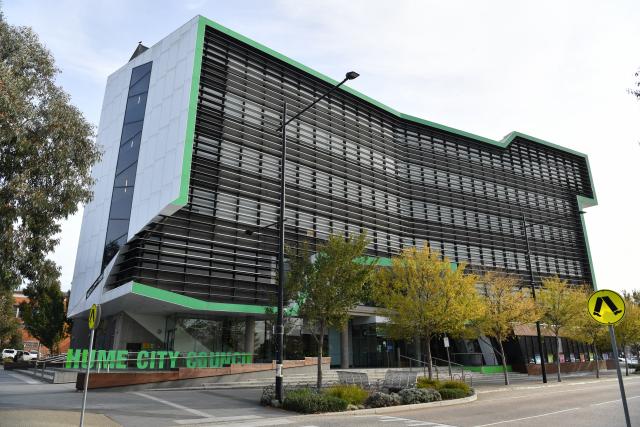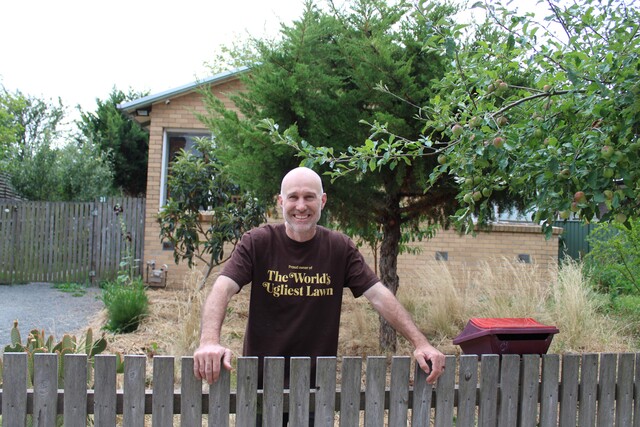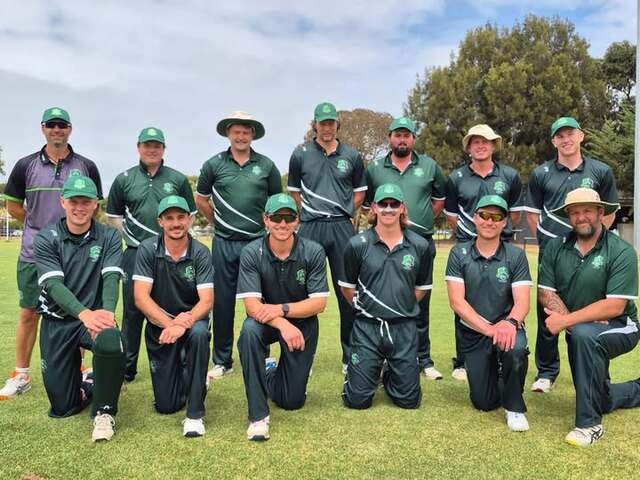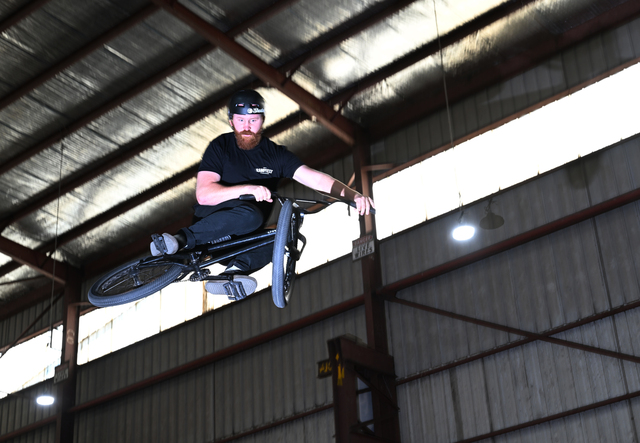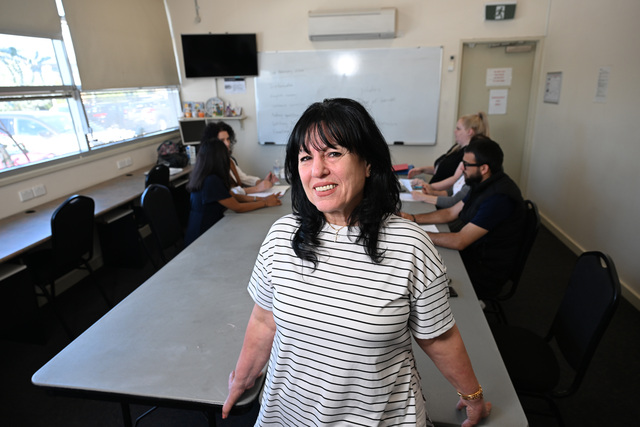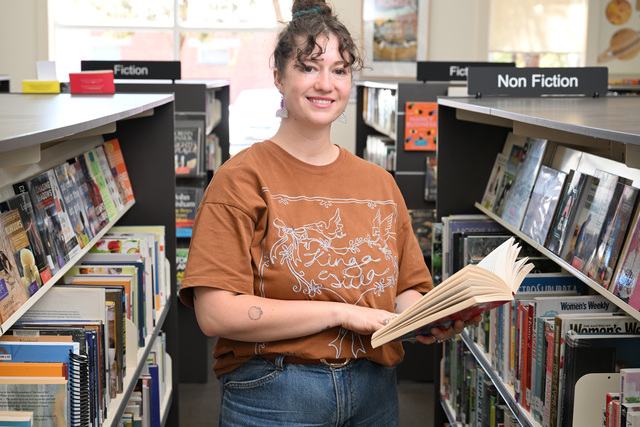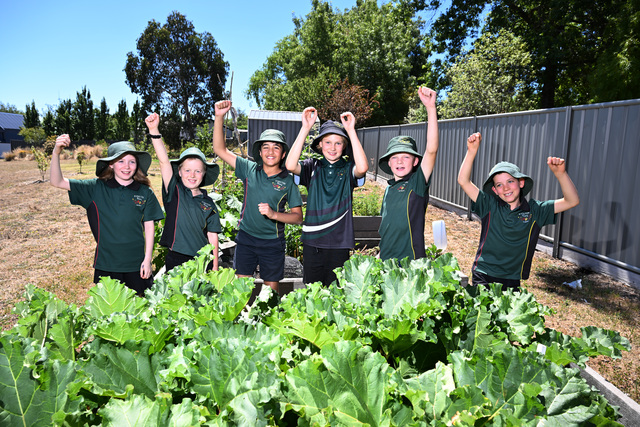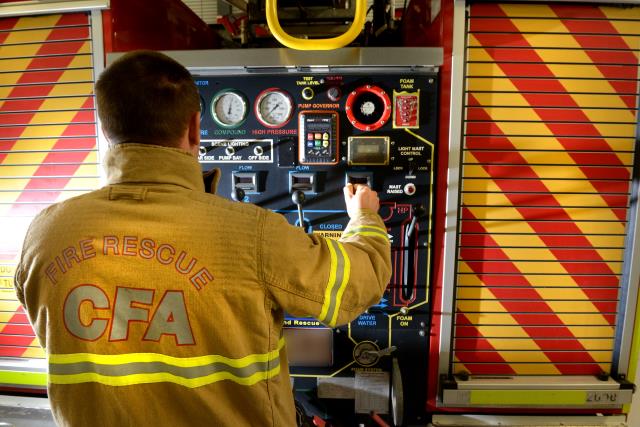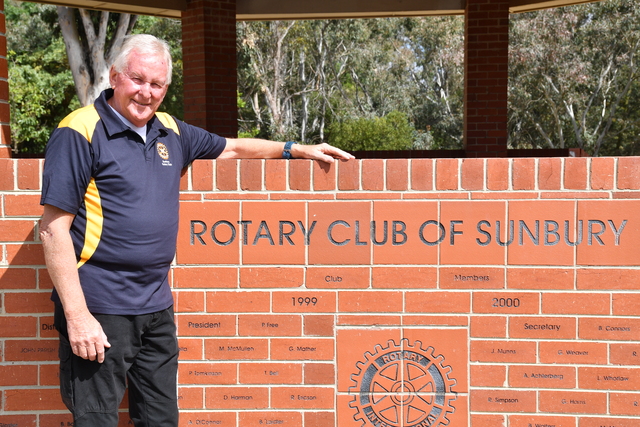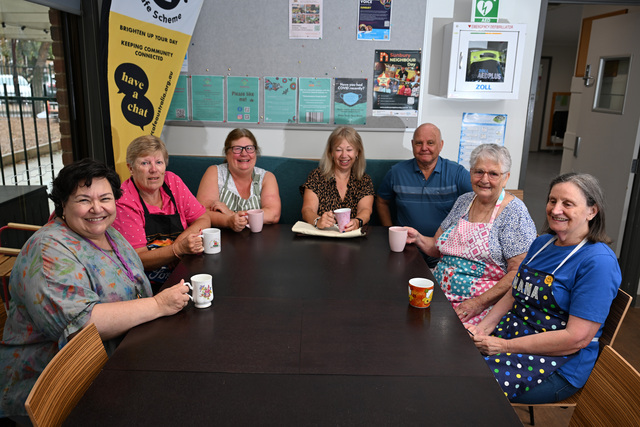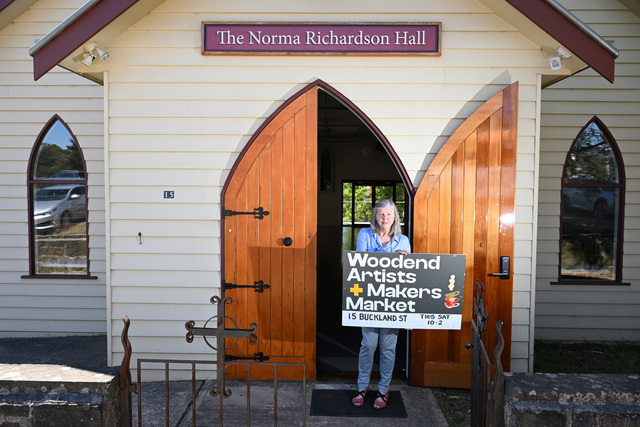Macedon Ranges born and bread health promotion charity, Live4Life, has officially expanded into 14 local government areas (LGA), with its youth mental health and suicide prevention program crossing state borders.
Hepburn Shire is the latest addition to the growing list of involved communities, which will deliver teen and accredited youth mental health first aid training, lead conversations to reduce mental health stigma, and promote mental health ambassadors.
Live4Life chief executive Bernard Galbally said it’s been a busy year for the charity, but it is fantastic to see more communities get involved.
“We will be in 13 Victorian local government areas… and then we’ve got our first interstate community in Tasmania, the [LGA] of Break O’Day and that’s been funded federally,” he said.
Mr Galbally said the model is successful because it is place-based and Live4Life only goes where it has been invited.
“There’s a whole process that we go through when a community reaches out. It’s about the community taking ownership of the model themselves, and we walk side by side with the community.
“We help establish a partnership group within that community and that’s local council, high schools, health services and community organisations.
“They’re the ones doing the work and our job is to walk side by side with them, guiding them, mentoring them and showing them how to implement the model.
“That can take a four or five year period for them to get to that self-sustainable level but it’s the communities that take ownership of it. I think that’s why we’re so successful.”
With a 2022 estimated population of 52,132 in Macedon Ranges, Mr Galbally said there is a great sense of pride in the community that the charity and program has transcended borders.
“Continuing to implement Life4Life is hard for all communities because it does require investment, but that’s how we build that sustainability.
“I think the key component to the success of Live4Life is young people. They want to learn about mental health, they want to be part of the solution, and they’re leading it.”
There is currently a waitlist of more than 20 rural and regional communities throughout Australia.


